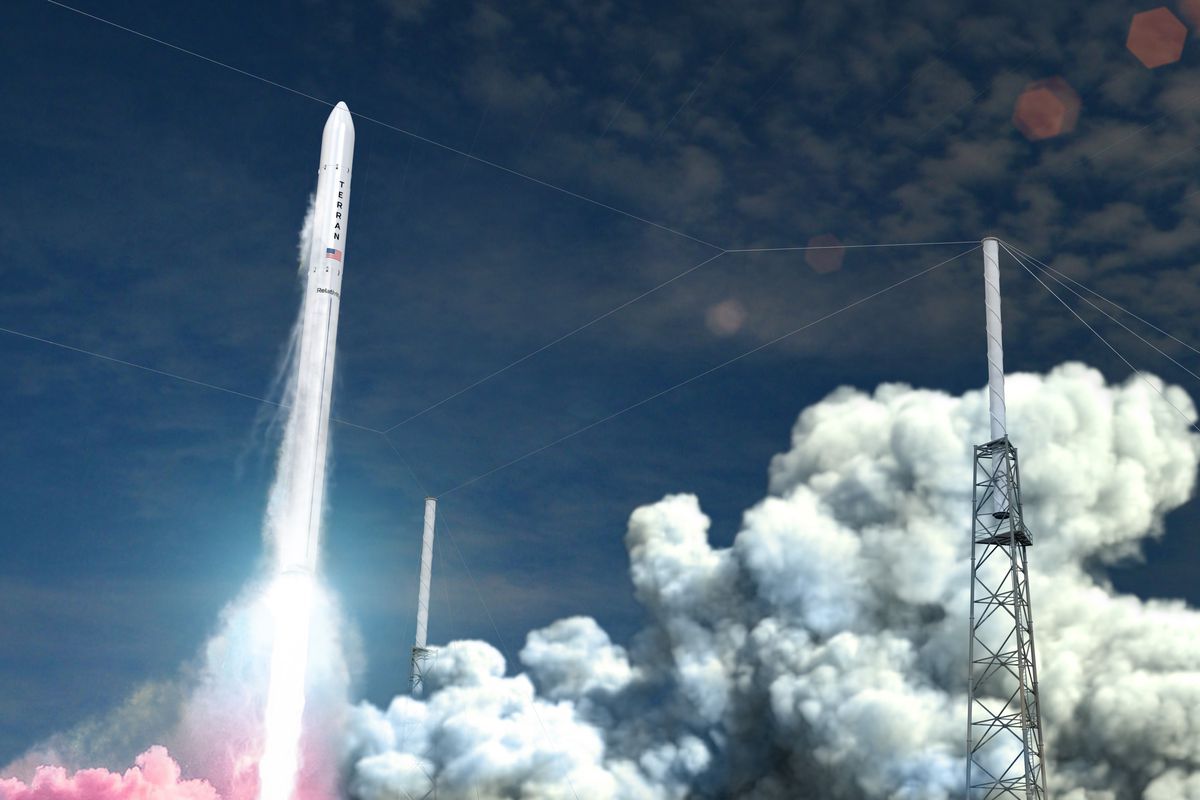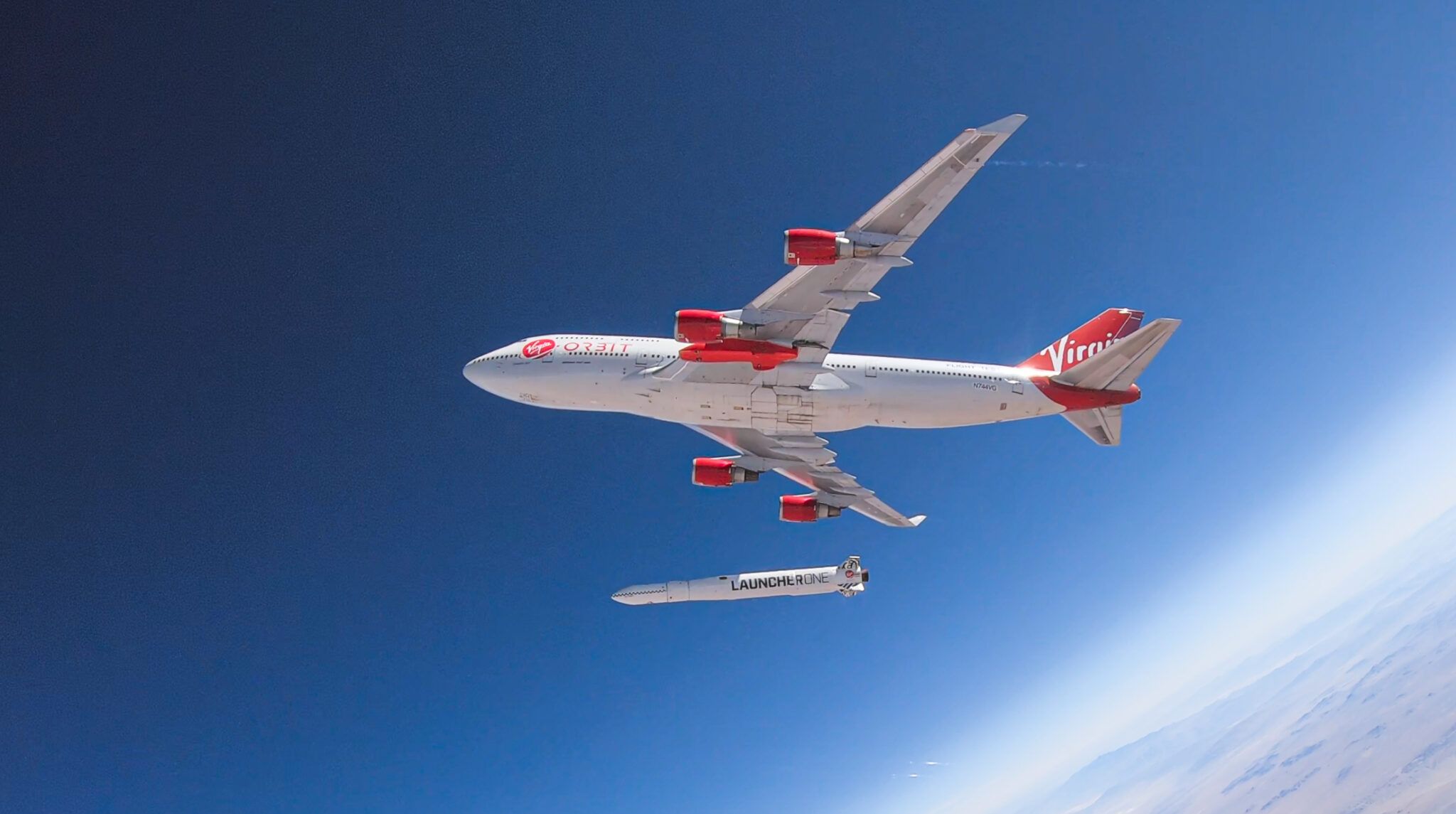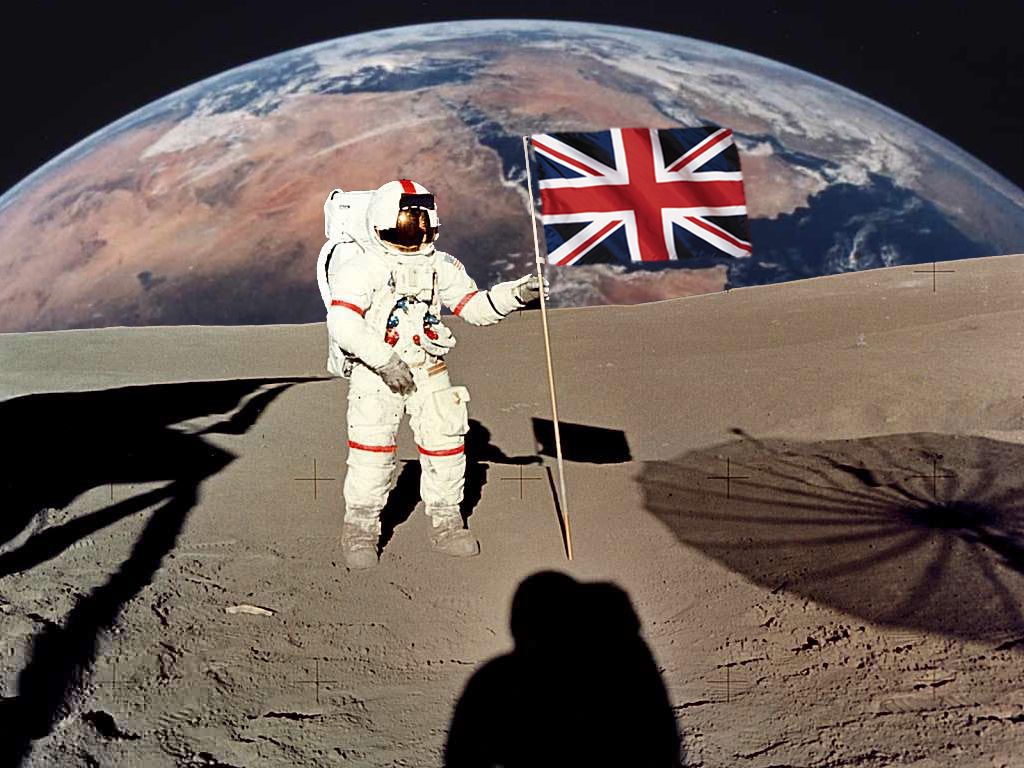Relativity Space Wins US Military Launch Services Contract
Article by Sandra Erwin March 15, 2021 (spacenews.com)
• Space Force’s ‘Space and Missile Systems Center Launch Enterprise’ (SMSCLE) was looking for a third launch services provider to carry payloads into low Earth orbit for the DoD Space Test Program’s ‘Rapid Agile Launch Initiative’ (RALI) in 2023. A SMSCLE subdivision, the ‘Defense Innovation Unit’ (DIU), is tasked with finding suitable providers in the private sector.
• DIU’s space portfolio director, Steve Butow, said the military is looking for “low-cost, responsive launch services that not only improve our access to space, but it also enable small satellites to be placed precisely in their mission designed orbits with little if no delay.” The DIU previously hired two launch services companies for RALI, Rocket Lab and Virgin Orbit.
• On March 9th, CEO Tim Ellis announced that his company, Relativity Space, had been selected by the DIU to become the third launch provider for the RALI program since its inception in 2017.
• Relativity Space will launch relatively small military payloads to lower inclination orbits utilizing its new Terran 1 rocket, which will see its first test flight from Cape Canaveral, Florida later this year. Relativity Space builds its rockets with 3D-printed components at its factory in Long Beach, California. The company recently announced plans to develop a larger Terran R reusable launch vehicle to compete with SpaceX’s Falcon 9 rocket.

 WASHINGTON — Relativity Space was selected to launch a small U.S. military payload to orbit in 2023 using a 3D-printed rocket.
WASHINGTON — Relativity Space was selected to launch a small U.S. military payload to orbit in 2023 using a 3D-printed rocket.
The company in a statement March 15 said it received its first Defense Department contract to launch a DoD Space Test Program mission. The award was first announced March 9 by Relativity’s CEO Tim Ellis in an interview with CNBC.

The Defense Innovation Unit — an organization that works with commercial companies and startups — picked Relativity to become a launch services provider for the DoD Space Test Program’s Rapid Agile Launch Initiative. RALI is a program managed by the Space Force’s Space and Missile Systems Center Launch Enterprise to identify viable commercial launch systems with capacity between 450 to 1,200 kilograms to low Earth orbit.

Both Relativity and DIU declined to disclose the value of the contract.
 Relativity builds its rockets with 3D-printed components at its factory in Long Beach, California. For the DoD mission it will use the Terran 1 small satellite launcher that is expected to fly for the first time later this year from Cape Canaveral, Florida. DoD is the ninth announced launch customer for Terran 1 and the second U.S. government deal following a NASA Venture Class Launch Services contract.
Relativity builds its rockets with 3D-printed components at its factory in Long Beach, California. For the DoD mission it will use the Terran 1 small satellite launcher that is expected to fly for the first time later this year from Cape Canaveral, Florida. DoD is the ninth announced launch customer for Terran 1 and the second U.S. government deal following a NASA Venture Class Launch Services contract.
Relativity is the third launch provider selected by DIU for the RALI program since it started in 2017. The other two are Rocket Lab and Virgin Orbit.
Steve Butow, DIU’s space portfolio director, said the military is looking for “low-cost, responsive launch services that not only improve our access to space, but it also enable small satellites to be placed precisely in their mission designed orbits with little if no delay.”
FAIR USE NOTICE: This page contains copyrighted material the use of which has not been specifically authorized by the copyright owner. ExoNews.org distributes this material for the purpose of news reporting, educational research, comment and criticism, constituting Fair Use under 17 U.S.C § 107. Please contact the Editor at ExoNews with any copyright issue.


 Last November, UK Prime Minister Boris Johnson promised a $22 billion investment
Last November, UK Prime Minister Boris Johnson promised a $22 billion investment


 Britain has been one of the global champions when it comes to operating civil and military satellites but has yet to launch its first rocket from UK soil.
Britain has been one of the global champions when it comes to operating civil and military satellites but has yet to launch its first rocket from UK soil.








